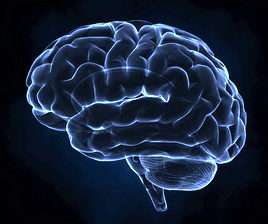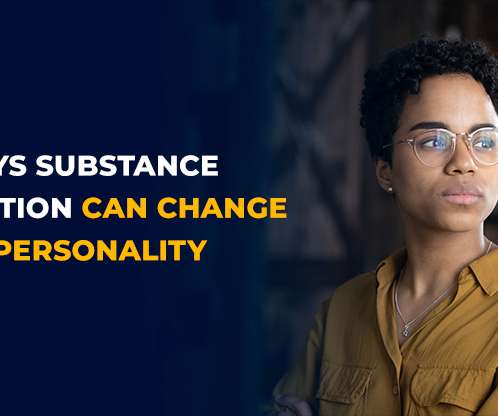Your Healthy Outlook Can Promote Resilience and Recovery in Older Adults
Relias
JULY 13, 2023
Although many older adults remain mentally healthy, the World Health Organization says about 15% of adults over 60 have a mental disorder. Identifying disorders “Behavioral health” often refers to mental health , psychiatric care, counseling, and substance use disorders treatment.














Let's personalize your content